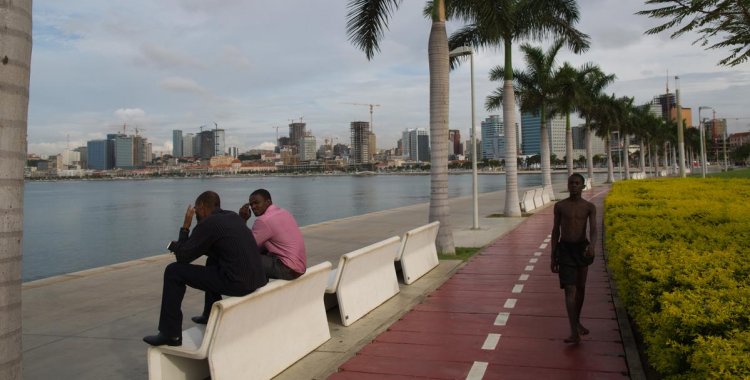The issue was addressed in Luanda by the administrator of the National Bank of Angola (BNA) Pedro Castro e Silva, who added that technicians from the Angolan regulator are already in Arusha, Tanzania, for the meeting of the Group to Combat Money Laundering in Africa Eastern and Austral (ESAAMLG, its acronym in English) which will discuss, starting next week, the evaluation report on Angola.
The intergovernmental body of the group of countries in Southern and East Africa, created to assess the progress of countries regarding compliance and implementation of the Recommendations of the International Financial Action Task Force (FATF), aims to develop and promote policies to combat money laundering and the financing of terrorism.
It consists of 17 countries, Angola, Botswana, Ethiopia, South Africa, Namibia, Tanzania, Rwanda, Seychelles, Swaziland, Kenya, Zambia, Uganda, Mozambique, Malawi, Lesotho, Mauritius and Zimbabwe.
"The FATF will make a decision on Angola according to the content of the report: whether it will remain as it is, without being part of any list or whether it will have reinforced monitoring. If the FATF decides that reinforced monitoring is necessary, the country has one year to resolve the shortcomings that were identified", highlighted the head of the BNA.
However, he underlined, decisions on whether or not to join the gray list of countries with less cooperative tax regimes in the fight against money laundering and terrorist financing do not take place immediately, so a possible decision would only take effect in 2024.
"Aware of this, the executive approved a national strategy to combat money laundering from which action plans must now emanate by all entities evaluated by FATF and that includes entities of the financial system", he continued.
According to Pedro Castro e Silva, the BNA already has its action plan approved and has already started working on it.
The previous visit by FATF evaluators to produce the latest version of the report on Angola took place in February.
"The next step is to defend the report and right now BNA technicians are in Arusha to respond to some of the assessments that have been made.
The BNA official indicated that the report generically mentions deficiencies found in the banking system, which "are not serious" with regard to the fight against money laundering.
As for non-banking institutions, it will be necessary "to invest more in processes and training of professionals", which is contemplated in the action plan, he explained.
Another of the themes is the beneficial owner of the operations, for which "a revision of the law against money laundering is foreseen, which will trigger the revision of banking regulations", he advanced.
"It will be an opportunity for us to include a position that the country must have on virtual assets, cryptoactive ones, there are some of the issues to be improved in our legislation and regulations", he considered.







